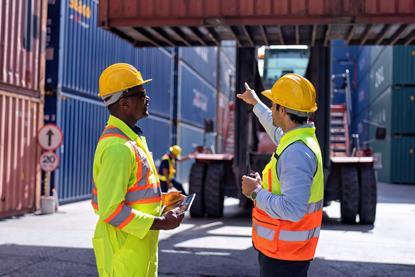- Home
- About
- Our focus
- The Chemical Industry
The Chemical Industry
The chemical and pharmaceutical industry is fundamental to modern society. With an immense variety of products, from vital medicines and foods, the construction of buildings, to transport and leisure, the industry truly does have an impact on virtually every aspect of our daily lives.
Read more
- Events
- News
- Become a member

A UK education, and visa, system that provides people for industry
One million job vacancies across the UK economy – which is over 16% higher than pre-pandemic levels – shows how difficult it is for companies to find people. Specialist production and support roles in the chemical sector such as instrument technicians, engineers and quality control roles are increasingly hard to fill despite salaries at unprecedented levels.
Additionally, from time to time chemical plants need major overhaul and production has to be ceased. At times many hundreds of contractors are utilised in overhaul duties. Finding such contractors has also become increasingly difficult and overhauls have had to be postponed.
Actions
- Evolve the Apprenticeship Levy into a more flexible apprenticeship and skills levy, enabling employers to invest their levy funds to support upskilling and reskilling through specific, shorter training interventions. Improve the apprenticeship system to increase and widen participation by removing the functional English and maths skills requirement which would be better supported by relevant training outside of apprenticeships. Make the apprenticeship levy transferable for use across the UK.
- Invest more in training provision to raise the standard and consistency of delivery in all parts of the country.
- Deliver a globally competitive immigration system that enables UK employers to attract international talent where key roles cannot be filled easily through domestic skills by reducing the administrative burden and costs of Skilled Worker visas, ensuring the UK is internationally competitive in both cost and processing time, reforming the operation of the Shortage Occupation List to ensure the immigration system can better respond to industry needs.
- Change is needed within education providers to ensure qualifications, standards and the curriculum are fit for purpose. This should be based on a strategic assessment of where and how skills are needed.












